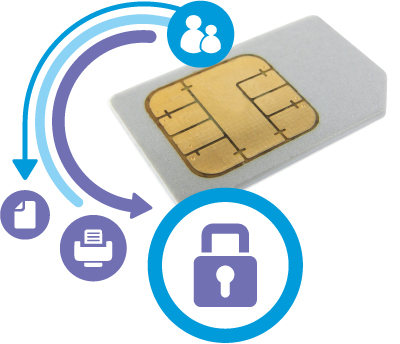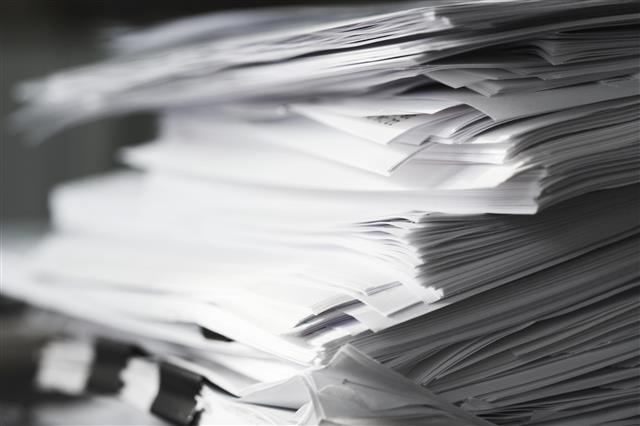Written by Howie Fenton,
Senior Technology Consultant, NAPL

I don’t know about you, but the second an IT person starts talking to me about changing my password, my eyes glaze over as I hunker down and prepare for the lecture about the importance of security. On the other hand, any time an overwhelming security breach occurs, as we saw with the department store Target or the software company Adobe, I question if my passwords are secure enough.
Security breaches like these should make everyone think twice about their password security. A recent study found that many people don’t take password security seriously and use words known to be easily hacked. If your password is ‘password’ or ‘123456’ your level of security is laughable because those are the most common passwords of 2013 according to the password management company SplashData. It’s also important to recognize the problems with password security may not only affect e-mail and Facebook but could potentially allow hackers to access your bank.
On the list of most common passwords are number sequences as well as the popular passcodes: qwerty, Iloveyou, letmein, monkey, sunshine, and admin. If you’re wondering how to make your password more secure consider these tips:
- Make them long at least 8 characters and try to combine text, numbers, and unusual symbols such as “BIG/GIANTS-FAN_7.10.1963”
- Don’t use the same username and password for all your accounts. Pay particular attention to the sites associated with personal information or financial access. You don’t want someone to break into your Facebook page and then be able to log into your bank account.
- If you’re logging on to use specific software, don’t use the name of the software you’re using such as Photoshop123
- Experts recommend random long passwords, which are great in theory but horrible when written down on a Post-it note on your monitor. Instead try using easy to remember mnemonics devices such as “I drive a 2011 VW Jetta TDI” which is “IDA2011VWJettaTDI”.
- Another strategy is combining a base password with some rules for a particular site. Your base could be 4_Shot_Latte and then for different accounts you might add Gmail or Facebook.
- Some experts recommend testing your passcode on one of the sites that evaluates the strength of your password. Personally I don’t recommend telling anyone your password, especially an external site that’s asking for it.
- If you’re having trouble managing your passwords, try using a password manager tool that organizes and protects your passwords and can automatically log you in to websites. Here is an article with advice on what to look for.
- Another strategy talks about using meaningful passphrases, which are short words with spaces or unusual characters in different configurations such as “cakes+years+birthday”or smiles_lights_face”.
- Avoid accessing password-protected sites over public Wi-Fi hotspots. Public Wi-Fi hotspots are unsecure. Typing in a password or allowing your computer to store your password and use it makes it very easy to steal.
—
Howie Fenton is a consultant and business advisor at NAPL. Howie advises commercial printers and in-plants on benchmarking performance against industry leaders, increasing productivity, and adding digital and value services through customer research. For more information click here.



